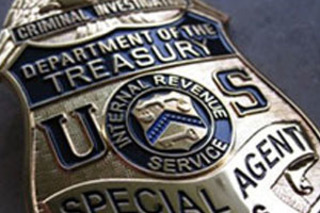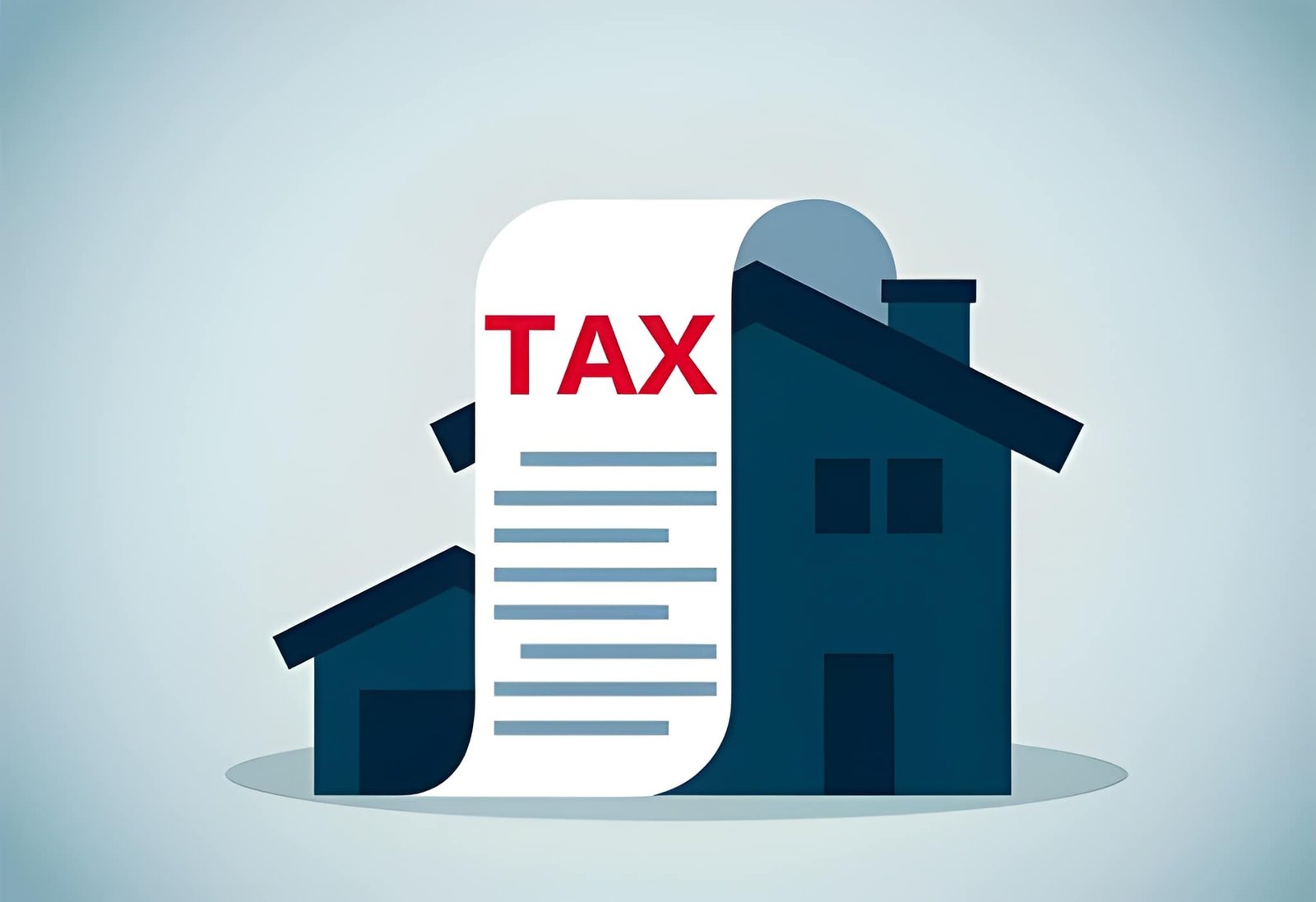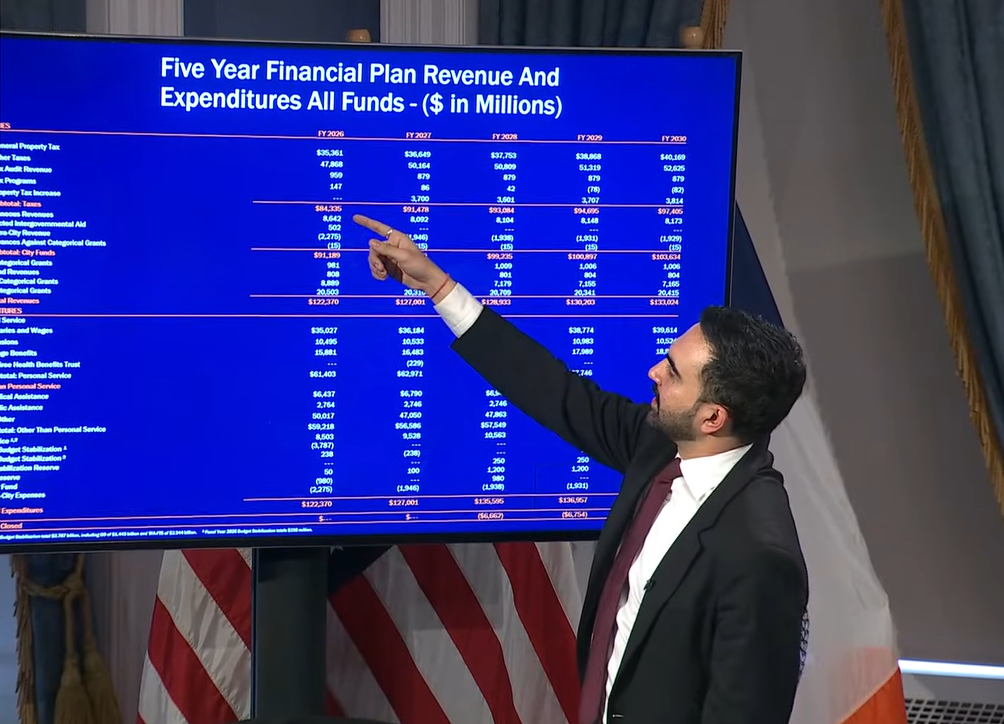The Internal Revenue Service’s Whistleblower Office has released its 2020 Annual Report documenting over $86 million in payments to 169 whistleblowers in 2020. The IRS whistleblowers were responsible for recovering over $472 million in back taxes, sanctions, penalties, and interest from tax evaders.
“The IRS whistleblower law continues to demonstrate the importance of whistleblower reward laws. Whistleblowers are the eyes and ears of enforcement, and their disclosures are essential for prosecuting tax cheats,” said whistleblower attorney Stephen M. Kohn, partner at Kohn, Kohn & Colapinto.
According to the IRS Whistleblower Office Annual Report, in fiscal year 2020:
- 169 awards were paid to whistleblowers.
- The total amount of awards (before sequestration) totaled $86,619,032.
- The IRS collected $472,080,014 from tax law violators, including $110,438,166 obtained from criminal tax cases.
Since 2007, the IRS Whistleblower Office made awards totaling more than $1.01 billion based on the collection of $6.14 billion in back taxes, interest, penalties, and criminal fines and sanctions.
The Annual Report also documented a decline in whistleblower related recoveries and awards over the past three years. In 2018, whistleblower claims triggered $1.441 billion in collected proceeds (i.e. back taxes, fines, penalties, etc.), and whistleblowers obtained $312 million in awards. In 2019, the amount of collected proceeds was $616 million, and $120 million was paid in awards.
“The IRS must invest in its whistleblower program. It currently takes the IRS 10.79 years, on average, to pay a whistleblower claim. There are 23,943 open whistleblower cases. These numbers are not acceptable. The backlog cost taxpayers billions in lost revenues. The delay in payments is seriously prejudicing the program. Congress and the Department of Treasury must allocate more resources to its whistleblower program,” Kohn said.
“While Congress can do more to support the whistleblower program – senior management at the IRS has to pull oars. The IRS whistleblower office is a small office that punches far above its weight – but the whistleblower office and whistleblowers need greater support from the Commissioner and especially the Office of Chief Counsel – to find ways to say “yes” to whistleblowers and whistleblower awards,” said whistleblower attorney Dean Zerbe.
“We have the greatest respect for the IRS employees who work in the Whistleblower Office. They are dedicated to the program and hard working. It is up to Congress to pass legislation that will make the whistleblower program more effective and efficient. The program needs more resources, and the various arcane rules that delay payments must be fixed,” Kohn added.
Thanks for reading CPA Practice Advisor!
Subscribe Already registered? Log In
Need more information? Read the FAQs




